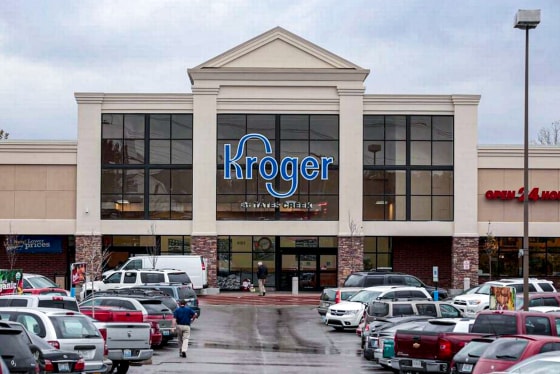
After concluding that the Federal Trade Commission’s worries regarding the merger’s potential effects on market consolidation were legitimate, a U.S. District Judge in Oregon halted grocery giant Kroger’s $25 billion attempt to acquire rival Albertsons.
Judge Adrienne Nelson declared on Tuesday afternoon that consumers would suffer if the two businesses merged.
The two businesses “engage in substantial head-to-head competition and the proposed merger would remove that competition,” according to Ferguson’s letter. Therefore, the proposed merger is “presumptively unlawful” since it is likely to result in consequences that “unilaterally” injure consumers.
Judge Ferguson also decided that the merger would be detrimental to workers, stating that workers’ bargaining strength would be diminished by greater consolidation.
“I am disappointed by the U.S. District Court’s decision to grant the FTC’s request for a preliminary injunction,” Albertson’s stated in a statement.
“We think we made it very apparent throughout the hearings how the proposed combination will improve the shopping experience for customers, protect union jobs, increase associate salaries, cut prices, and increase competition. The supermarket chain stated, “We are carefully examining the Court’s opinion and are assessing our options in accordance with the merger agreement.”
In addition to expressing dissatisfaction with the decision, a Kroger representative stated that the business “is currently reviewing its options.”
Cincinnati-based Kroger has stated that a court decision such as this one would essentially put a stop to the merger.
The FTC praised the ruling, stating that it had prevented Kroger’s purchase of Albertsons, marking a significant win for the American people.
“This victory has a direct, tangible impact on the lives of millions of Americans who shop at Kroger or Albertsons-owned grocery stores for their everyday needs, whether that s a Fry s in Arizona, a Von s in Southern California, or a Jewel-Osco in Illinois,” the Federal Trade Commission said in a statement.
On Tuesday, Kroger’s stock ended the day up 5%, while Boise-based Albertsons’ stock ended the day 2% lower.
In order to stay competitive with big box stores like Walmart, Target, and Amazon, which have greatly expanded their grocery businesses, Kroger had maintained that the agreement was essential.
However, according to Nelson, “supermarkets” continue to constitute a unique, niche market within the American consumer landscape, and the effects of the proposed merger need to be taken into consideration.
For the Biden administration, and particularly for FTC Chair Lina Khan, who has adopted an unprecedentedly tough stance in opposing mergers that could result in monopolies, the verdict is a success.
Note: Every piece of content is rigorously reviewed by our team of experienced writers and editors to ensure its accuracy. Our writers use credible sources and adhere to strict fact-checking protocols to verify all claims and data before publication. If an error is identified, we promptly correct it and strive for transparency in all updates, feel free to reach out to us via email. We appreciate your trust and support!
